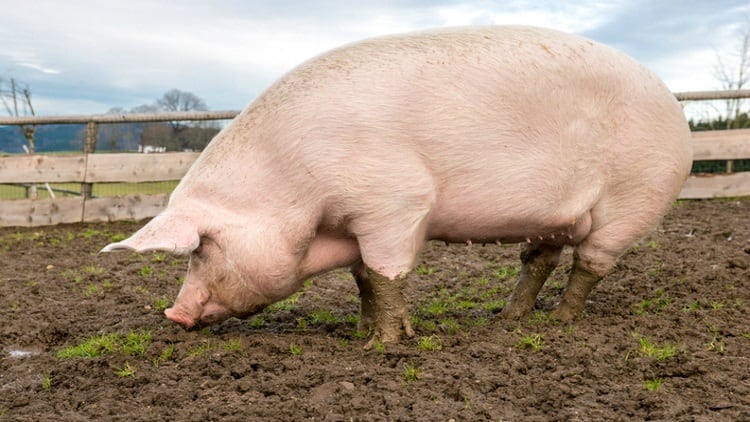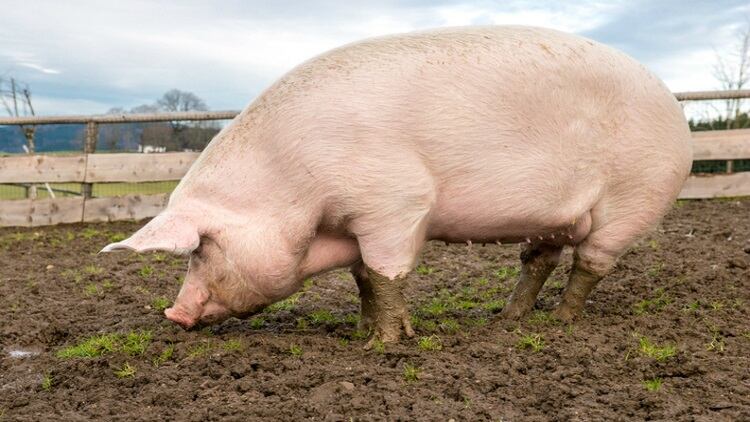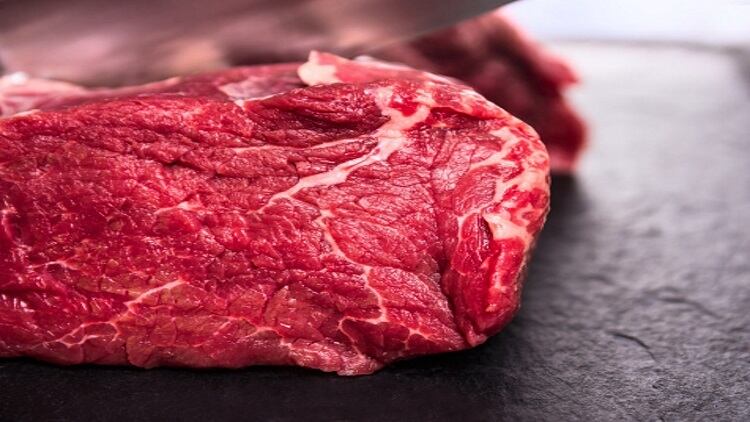This comes after the Government announced US$12bn of aid for farmers impacted by the trade disputes, including the purchase of nearly $559m-worth of pork for federal nutrition assistance and child nutrition programs, $200m for developing foreign markets for US agricultural products, and some direct payments to farmers, including pork producers. The latter are expected to receive $8 per hog based on 50% of the number of animals they owned on 1 August.
The National Pork Producers Council (NPPC) said that although the aid was welcomed, trade would be better.
“True to his word that he would have our backs, President Trump demonstrated his commitment to America’s farmers, including pork producers, by giving us some relief from the financial hit we’ve taken from retaliatory tariffs from some of our biggest trading partners,” said NPPC president Jim Heimerl. “While we’re grateful and commend the administration for its action to help us, what pork producers really want is to export more pork, and that means ending these trade disputes soon.”
The NPPC reported that US pork exports to China were down significantly for the year, with the value falling by 9% through June. It claimed the drop had come mostly because of the 50% additional tariff that the country imposed in response to US duties on Chinese steel and aluminium imports and on other goods. It added that exports to Mexico were down slightly. In June, Mexico put a 10% tariff on US pork in response to tariffs on Mexican steel and aluminium imports; the duty increased to 20% on 5 July.
“Pork producers and others in agriculture have been patriots and very patient as the administration rightfully realigns trade policy to make sure our trading partners play by the rules, to ensure that there’s free, fair and reciprocal trade,” added Heimerl.



